Clerical cinctures in the Catholic Church, also known as liturgical cinctures or priest cinctures, are a liturgical garment worn around the waist. It is a religious article similar to a rope that usually has tassels at both ends.
The tassels are hanging aesthetic elements that are usually formed by a top part that can include a wooden element, and the fringes that hang from the top.
On the one hand, cinctures have a purely functional component, that is, they serve to gird the alb and prevent it from hindering the movements of the priest or person wearing it.
Albs are very loose garments with straight cuts. Cinctures are used to fit them to the waist contour of the priest or deacon.
They also allow adjusting the alb in height, as it can be tucked into the cincture to raise it a few centimeters off the ground.
The cincture, like all the liturgical vestments of the Catholic Church, has an important symbolic component.
The belt symbolizes the chastity and continence required of the priest. That is, it is a garment that speaks to the faithful that the person wearing it is committed to God and his word, renouncing the worldly pleasures of men, guiding his existence as a representative of Jesus in the world.
It is a symbol of union and fidelity to God.
Cinctures can be made of linen, wool, rayon, hemp or silk. The material from which the cinctures are made defines their purchase price.
Cinctures for priests are available in the four liturgical colors: purple cinctures, red cinctures, green cinctures and white cinctures. The use of the cincture in one color or another is defined by the liturgical time.
In addition to the four main liturgical colors, clerical cinctures are also available in other colors.
Pink: Cinctures worn by priests and deacons during Advent and Lent masses.
Blue: Cinctures worn by priests and deacons during liturgical celebrations, masses and processions related to Marian festivities: Feast of the Immaculate Conception, Feast of Our Lady of Mount Carmel, etc.
There are other models of cinctures, known as confraternity cinctures or penitent's cinctures, used by members of Confraternities and Brotherhoods to adjust the confraternity tunic and/or the penitent's tunic. They are also commonly known as cinctures for Holy Week.
The color of the cincture is defined by the colors of the vestments of the Confraternity or Brotherhood. The color of the penitent's cincture will depend on the color of the tunic, the color of the capirote, the colors of the crest, the color of the gloves, etc.
It is common for penitent's cinctures to combine two colors: white and purple cinctures, gold and green cinctures, etc.
Cinctures are liturgical vestments used mainly by Catholic priests, during liturgical celebrations

Ref: 52R231
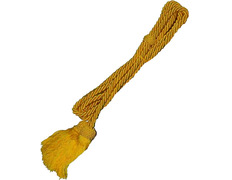
Ref: 88F5278
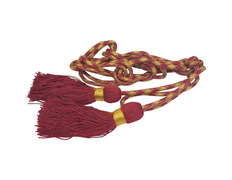
Ref: 52F233
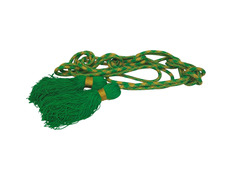
Ref: 52F233
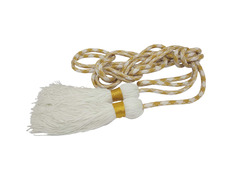
Ref: 52F233
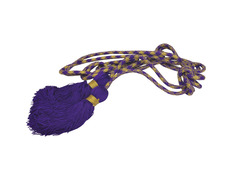
Ref: 52F233

Ref: 1B118

Ref: 1B118

Ref: 1B028

Ref: 1B028

Ref: 1B028

Ref: 1B028

Ref: 52R231

Ref: 52R231

Ref: 1B028BPA

Ref: 1B028

Ref: 52R231
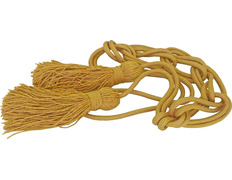
Ref: 52F234
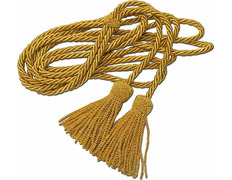
Ref: 88F5281

Ref: 1F796

Ref: 1F796

Ref: 1F796

Ref: 1F796
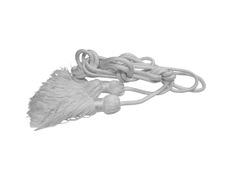
Ref: 52R231

Ref: 52R231

Ref: 52R231

Ref: 52R231

Ref: 52F242

Ref: 88F5278

Ref: 88F5287

Ref: 88F5287

Ref: 88F5287

Ref: 88F5287

Ref: 88F5287

Ref: 88F331